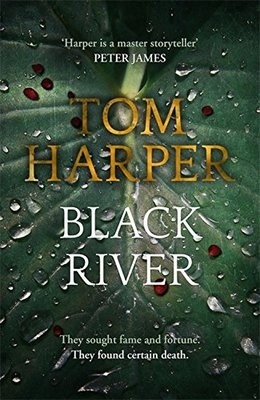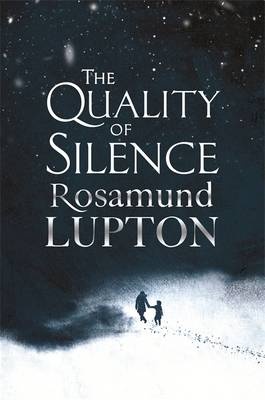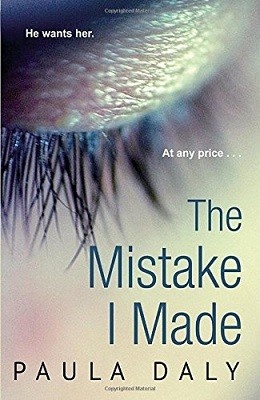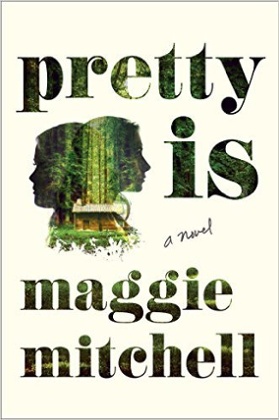

It is a truism that, if the writing is convincing, thrillers can tell the most ludicrous stories and yet feel utterly plausible. The prolific Tom Harper’s latest novel, Black River (Hodder, £19.99), is a shameless Boy’s Own romp in the Rider Haggard mode. Middle-aged Kel is on holiday with his family when he meets Anton, charismatic leader of an imminent expedition to the lost Inca city of Paititi. Something of a Watsonian bumbler, Kel makes little impression until he reveals himself to be a doctor – well, an anaesthetist – at which point Anton invites him to join his crew ... Black River knows better than to take itself too seriously. It has fun with Kel’s bourgeois uptightness, which he is quicker to project on to his wife than recognise in himself; yet it is crafted with a care and intelligence that mask its underlying absurdity.

The same can be said of Vanishing Games (Doubleday, £12.99), Roger Hobbs’s follow-up to his accomplished debut Ghostman, which features the same main character, Jack. The opening chapter, in which a sapphire heist at sea goes horribly wrong, is one of the most deftly choreographed bits of suspense writing I’ve read. Jack is the “ghostman”, the gang-member expert in the “business of disappearing”. Vanishing Games fleshes out his relationship with “jugmarker” – or chief tactician – Angela, whom he hasn’t seen for six years, since she vanished in the aftermath of a previous botched job. Scared for her life, she has called on Jack to extricate her from this new mess – for the sapphire heist was her project. While there is honour among thieves, the pair are loners, sociopathic chameleons, and the undeclared attraction between them powers the novel as we follow them into the depths of Macau’s criminal underworld. Tighter even than Ghostman, Vanishing Games has the confidence and brio of Terry Hayes’s I Am Pilgrim. If you enjoyed that, you’ll love this.

Sometimes you want to believe but can’t. Rosamund Lupton pretty much invented a genre with the deservedly bestselling Sister and its follow-up Afterwards, and her desire to try something different is understandable. But The Quality of Silence (Little, Brown, £14.99) is disappointing: thin and frictionless, its anti-fracking message delivered with the limpid simplicity of the Young Adult novel it would surely be revealed as, were scientists ever to test its literary DNA. It follows Yasmin and her deaf 11-year-old daughter Ruby as they travel across Alaska in search of Yasmin’s cameraman husband who has, the authorities insist, been killed in a fire. The narrative shifts between omniscient third person and the unfeasibly precocious Ruby, with whom Yasmin exchanges nary a cross word as they make one of the most dangerous journeys on earth, during an ice storm, in a vehicle Yasmin has never been trained to drive. I never felt they were genuinely in jeopardy, despite the scary man who pursues them in the manner of the Spielberg film Duel.

Paula Daly’s The Mistake I Made (Bantam, £16.99) is a Cumbria-set riff on the Robert Redford film Indecent Proposal. Businessman Scott offers to pay divorced physiotherapist and single mother Roz for sex. Deeply in debt, she accepts. Roz is a chatty, digressive narrator, and an extensive ambient preamble fleshes out her life and relationships before anything thrilling takes place. But then Roz’s sleazy boss gets wind of what’s going on and propositions her himself, at which point Scott shows his true colours (as if we were in any doubt) and Daly crunches from fifth to first gear. Still, it’s thoroughly enjoyable – a big-hearted, empathetic novel about ordinary lives and the tremors that can rock them. It’s also very funny. I liked the running gag where almost everyone Roz meets, including the police, pester her for advice about their sore backs and painful knees.

I was less sure about Pretty Is (Orion, £12.99), the debut of English professor Maggie Mitchell. It takes an original premise, only to smother it in so much metatextual Marmite that you lose sight of it altogether. Two 12-year-old girls, Lois and Carly, are abducted by a man called Zed who keeps them captive but doesn’t seriously harm them. After their rescue, the pair disappear back into their own lives. Lois becomes an English professor, Carly an actor. But then Lois writes a schlocky thriller based on her experiences, Deep in the Woods. This thriller, which Mitchell incorporates into Pretty Is, is optioned for film and a script sent, without Lois’s knowledge, to Carly, who immediately recognises the story’s origin. What is going on? Mitchell is less interested in the abduction than in its narrative legacy for Lois and Carly. The result is smart but exhausting.







